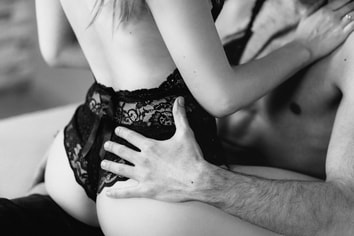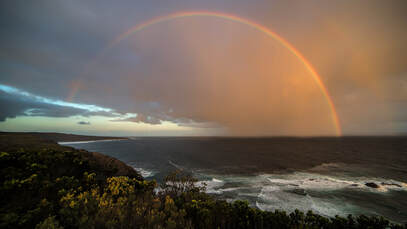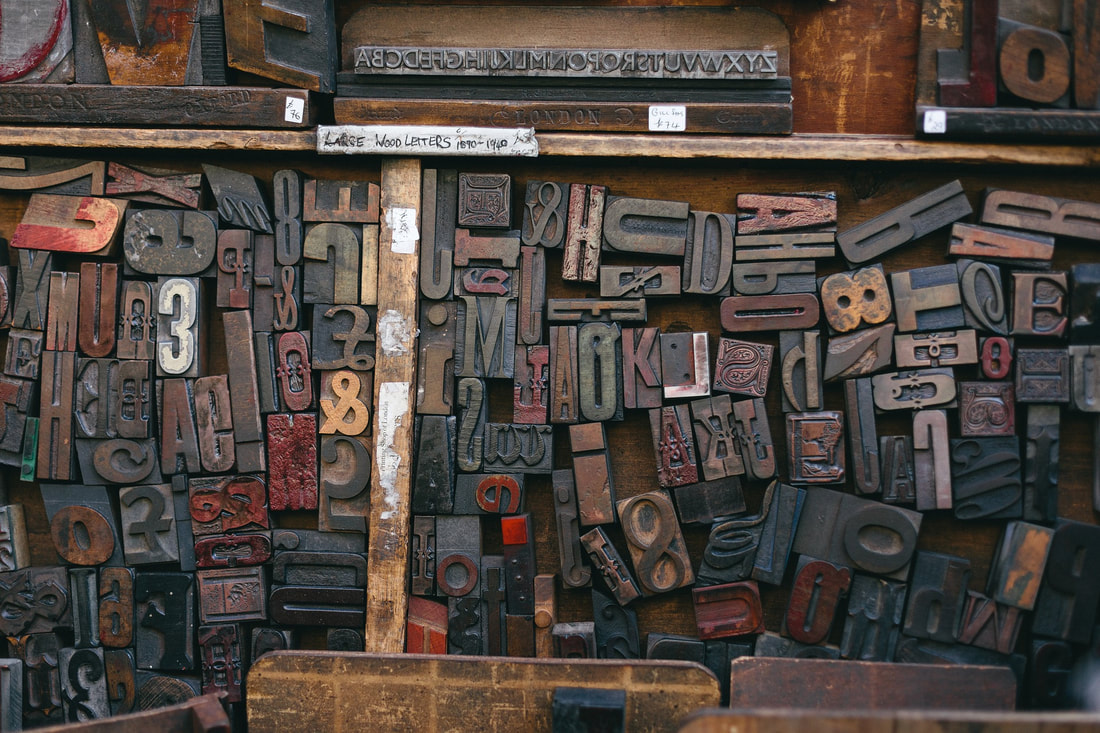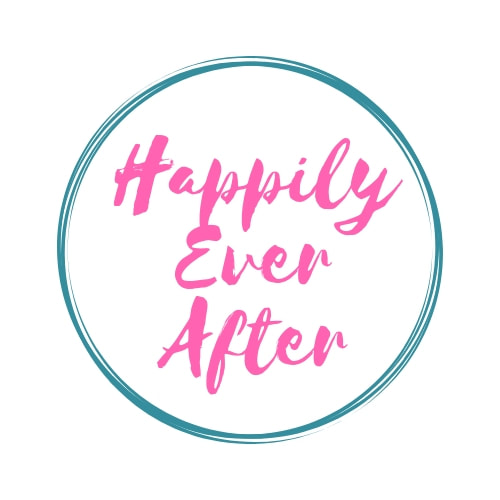 What is erotica? Is it different from erotic romance? My first novel was listed under erotic romance. A mistake, surely? There was only one sex scene that didn’t go into too much detail. No, my publisher insisted, it’s erotic. She was wrong. Erotic does not equal one sex scene. So, what does it mean? Firstly, that anyone picking up said novel was horribly disappointed. I recently read a submission that promised FLAMES. I got to halfway and had yet to encounter anything more a damp squib. One sex scene. One that had been rudely interrupted. That was it. On the heat-o-meter that registered as a 1, a low heat, certainly not erotica. Why would you do that to your reader? If they’re expecting heat, the book better deliver. This rather points to attitudes about sex, rather than writing. (If you’re all a flutter about sex in a book, then there’ll be plenty books out there that won’t be for you, not only romance, just saying) A romance doesn’t need to have a sex scene. It can be sweet. There’s nothing wrong with that. But if you want to put on your big girl panties and leave that bedroom door open, know what’s expected from your reader. EROTICA Erotica is where the sexual journey of your character is depicted. This could mean that they discover their latent BDSM proclivities, question their sexuality, or embark on a torrid affair with the milkman that makes them realise they want something more in their life. Erotica does not have to have a HEA. My novel, Watched,is about a woman embracing her sexual self. Lots of people weren’t happy with the ending because it wasn’t the HEA they were expecting, but the novel wasn’t about the romance. It was about my character and her sexual exploration. This doesn’t have to mean that there’s a sex scene every chapter, but if it’s about a character’s sexual journey, the focus will be on sex. A great example of this is Tiffany Reisz’s The Siren. It’s incredibly erotic but with only a few sex scenes. Erotica still engages with the character’s emotions as they undergo their journey – that’s what separates it from merely physically arousing material, or porn. PORN If your novel is sex scene after sex scene after sex scene with no emotional involvement, you’ve written porn. EROTIC ROMANCE Erotic romance is a little different. This is about the development of a romantic relationship through sexual interaction. These two didn’t mean to fall in love while they were doing their thang, but they did. The Warden’s Possessionhas Cait start a steamy romance with Duke in some seedy nightclub. No prizes for guessing what happens next as lurve takes over where lust laid the foundation. HIGH HEAT LEVELS Then there are books with high heat levels. Couples that are ‘romancing’ who get it on with the bedroom door open (that means graphic scenes with detail). If your book has one such scene, it’s a medium to low heat, depending on the amount of detail. If it has none, or the scenes fade to black, it’s sweet. What you choose to write, is up to you. Just make sure it’s categorized correctly so as not to get yourself a one-star read from either a disappointed or irate reader (or both).
0 Comments
 I’ve recently watched Me Before You(*spoiler alert* a reminder, this is not a romance as there is no happy ever after). At the beginning of the movie, Lou Clark has put all her own dreams or plans of the future on hold as she waits out her life in a teashop. Boom, cue the inciting incident** – she loses her job. What to do? She finds a job taking care of wheelchair bound Will, which leads to the meet cute.** All of that aside, the Lou we meet at the beginning of the movie is not the same as the Lou by the end. This is the character arc, the development of the character over the course of the events of the novel. Sometimes, the character does not change, and a devastating example of that is in Manchester by the Sea(definitely not a romance). In romance, however, we want and need our character and their love interest to grow over the course of the novel. Key things to remember on writing up your character arc:
By the end of Me Before You, Lou is no longer the naïve Lou she once was, and has accepted that not everything can be ‘fixed’ But, she has broadened her horizons and is visiting Paris, echoing Will’s footsteps.  How will you know when you’re a ‘good’ writer? How do you know if what you’re writing is any good? I coach writers and find I hear the same things:
I get it. Writing is subjective. You only have to take a look at your favourite writer on Goodreads and you’ll find that the book that changed your life, did naff all for someone else. In fact, they DNF’d it (Did Not Finish). What defines ‘good’? Is it getting an agent or a publishing contract? Is it winning an award? Is it getting great reviews? Is it making one fan smile every time you bring out something new? ‘Good’ means different things to different people. There are any number of literary festivals taking place near me in the next few months. None of them even acknowledge romance as a genre - it is not seen as ‘good’ writing to those powers that be. The fact that local romance writers outsell these ‘good’ writers on their speaking panels, a hundred or even a thousand times over, means little to them. What’s their criteria for ‘good’ then? Obviously not wide international appeal. What would be your definition of good writing? Is it about story? Is it about poetic sentences? Or is it about what people think? Small literary gatherings at university libraries? Online reader’s groups that clamour for your ARCs (advanced reader copies)? What’s popular and what sells at any given time is a mystery, and hindsight is always twenty twenty. In the writing business, you’ll have to determine what your own definitions for success are. But all ‘good’ writing has a few things in common that you should bear in mind:
I’ll let you in on something else – a little self-doubt in your work might be a GOOD thing. I’ve done manuscript appraisals for writers who believe they are alreadygreat writers. They wanted me to send them twelve pages of unadulterated praise about their masterpiece. How is a little self-doubt good?
Don’t let being ‘good’ stop you from starting your novel. It’s the only way you’ll be your definition of ‘good’.  Yesterday, I had a talk with one of my coaching clients about characters. Not so much characters as those character sheets that writers are always filling out. The ones that ask what their favourite colour is or whether they prefer hard rock or classical music. One course I took had me filling out six pages worth of detail. As my client noted, “jeez, I don’t even know myself this well!” Does it help to know that your character likes bananas but only when in banana bread and in no other form? It depends. Does it say something about his behavior? Does he not like bananas because they mean sticky fingers? Or is it something that fills in a character form? I’m not knocking someone else’s process. For lots of writers, these forms are helpful. But what if you’re like me or my client and find these forms a great big, time suck? What do you need to know about a character? What are the essentials?
What are the nice-to-haves?
It doesn’t matter if your character is a six-foot-three god with flaming red hair if you haven’t got the above sorted out. Knowing that he prefers red wine to beer and trucks to sedans will only tell you so much about who he is. But the part that will have him drive the plot forward with his decisions and actions? Now that you HAVE to know.  Have you got to that stage where you’ve written your first novel over and over again? Sometimes, too much information can lead to too may rewrites: does this character conflict work? Should I add in more dialogue? I’m not sure if there’s enough description here, etc etc etc. The result? A novel that’s not quite finished with over-written scenes that seem to drift further and further away from the original plot. What can you do? The first thing would be step away from the manuscript. Down tools. Stop. Just stop. Get someone else - preferably someone who edits romance - to read it. Your best option? The Developmental Edit. The Developmental Edit will look at the following:
From there, you’ll get a detailed report as well as a marked-up manuscript that will clearly identify:
A Developmental Edit is probably the best that the aspiring romance writer can do because it will provide you with detailed feedback. No publishing house or agent will do that for you.  There’s a fine line between being a redeemable jerk and just being a jerk. But, how can you tell? I’ve read a couple of MSs that crash and burn into the ‘complete dickhead’ category. Here’s some quick tips to keep in mind when writing about the Alphahole:
 It’s fate. It’s meant to be. It is written Do you believe there is The One for you? Love it or loathe it, The One is one of four key themes that drive all romance stories. Whether we like it or not, romance is driven by the theory that there is that ONE SPECIAL PERSON who gets you. Who knows to bring you vegetarian burgers with extra sauce, or who cuddles up to watch Buffy with you (again). Someone who sees you for all the quirky goodness that you are, and still wants to park their slippers under your bed. When we fall in love, we all like to think we’ve found our PARTNER FOR LIFE, our HAPPILY EVER AFTER (although sometimes it’s a HAPPY FOR NOW). In a romance novel, we want our hero or heroine to find their ONE. The ONE who is obviously meant for them. If you’ve written it right, there will come a point in your romance novel, where each will realise that the other is THE ONE. This is powerful stuff. It links to our primal urges to pair up and mate. We have to believe that the couple we’re rooting for will make it because there is no-one else on this planet who will match up with them so perfectly. We have to believe they’ll make it - because if they can’t, then what hope is there for us? THE ONE is one of four themes that every romance story should have  Does size matter? How long is your manuscript? How long should it be? Is shorter better? Or is longer the way to go? Here are the basic guidelines (the long and the short of it)*:
Then there are those publishers that don’t mention word counts as a hard and fast rule (Harper Impulse, Bookouture, Avon). It’s a good idea to make sure that your book’s length matches the publisher’s or agent’s requirements before setting out querying. Or writing for that matter. No point writing a 150,000 word epic that no-one will publish. I’ve just read through a series of pitches that were rejected because their word counts were either too short or too long. Don’t let that happen to you! Different publishers have different rules about what length they publish. And some publish digitally up to a certain word count and only then publish in soft cover. I’ve mentioned a few romance publishers here but there are others. Do the research! Check, check and check again. You don’t want to come short with your word count! *This list is not exhaustive and all information is correct as at 19/02/2019  Lists are popular. Five ways to leave your lover. Ten great gift ideas for the boyfriend who has no clue. Three sure-fire kick-starters for your relationship. When you squizz through the lists you’re hoping there’s no bait-and-switch. For the gift ideas, you’d be pissed if there was a suggestion to help more around the house. Yes, it could be thoughtful but is it strictly a gift? That would be a negative, Houston. So, how come I keep reading lists like, 2018’s top ten romance list, or the best sex scenes in romance novels ever, and finding books listed that are not romance. Sure, they may have romantic elements, but they’re not a romance. I recently read a manuscript, submitted to a romance publisher (the hint is in their title), that had no romance whatsoever. None. Did I suggest they accept or R and R? Of course not. It was a solid do-not-pass-go decline. This writer could have the best writing style in the world, but it was not a romance. And, just before Christmas, there was an argument on Romancelandia Twitter about a writer who thought that a romance novel didn’t need to have a HEA in order to be a romance novel. What’s wrong with that? Um, everything. There seems to be some confusion…if there’s sex, it’s a romance, if there’s some sort of yearning between two people, it’s a romance. Yes. And no. What makes a romance novel a romance novel? Simple: the novel must be around the love relationship between two people which must have an emotionally satisfying ending, either a Happily Ever After (HEA) or a Happy For Now (HFN). If it isn’t about the relationship and the ‘happy’ ending, then it’s not a romance. What about ‘Me Before You’? Is that a happy ending for the couple? Not a romance. What about ‘The Notebook’? Is that a happy ending for the couple? Not a romance. What about ‘Lace’? Is that about the development of a love relationship between two people? No, it’s about someone looking for their mother. Not a romance. Yes, there are romantic relationships within the novel but that’s not what the novel’s about. Much like you wouldn’t expect to get to the end of a detective story and not find out whodunnit, you wouldn’t expect to get to the end of a romance and not have your two characters in some sort of relationship happy space.  Are you horrified that I made such a comment? Where’s the motivation? The inspiration? Relax, it’s here. But, this time of year is shocking for making really BIG resolutions/promises/goals. Like, I want to lose 25 pounds, or kayak across a glacial fjord (is that a thing?), and, of course, I want to write my first romance novel. Here’s the deal: writing your first romance novel is a BIG thing. If it weren’t a big thing, everyone would be doing it. It’s Everest to the novice climber, the Comrades Marathon to the Parkrun plodder, and Masters’ Math to the eighth-grader. So, what happens? This particular resolution/promise/goal gets shuffled along to next year, and the next, until, whaddayaknow? you NEVER write the book. Is it the wrong goal? Almost, never. It’s the approach. How do you eat an elephant? One spoonful at a time. Ditto, writing a romance novel. Step-by-step. Instead of:
Try break it down (and I mean really break it down):
No-one’s asking for you to whack out the entire first draft in two weeks. But 500 words a day? A thousand? Yeah. Doable. Ask any tortoise - slow and steady wins the race and beats anyone still procrastinating. By tackling the monumental task of actually writing the book in smaller steps, you’ll find that instead of putting it off, you’ll be looking forward to it. |
A little something to get you started on your writing journey:
Do you want to write a romance novel?Everyone wants a HAPPILY EVER AFTER (HEA). Categories
All
|
|


 RSS Feed
RSS Feed